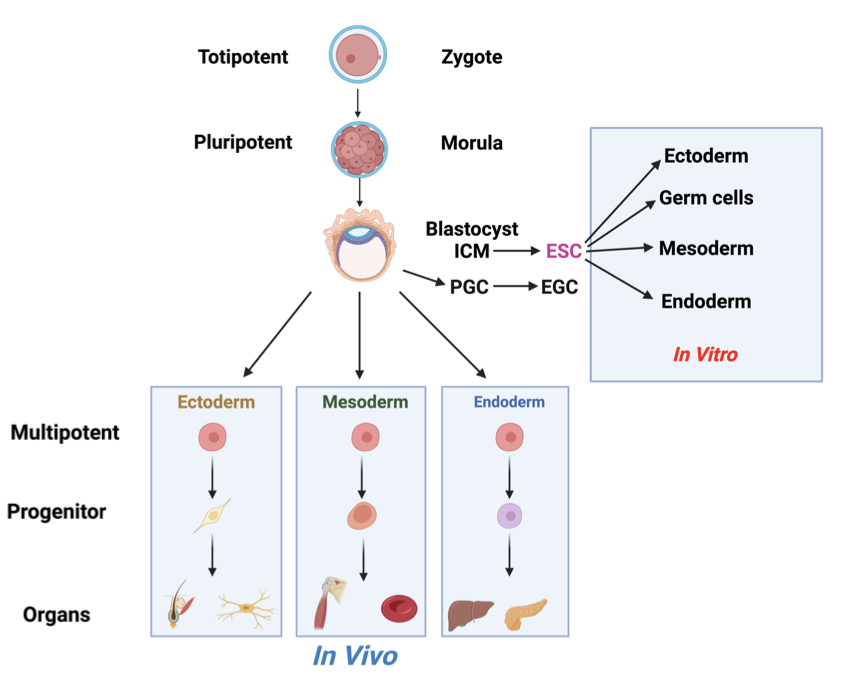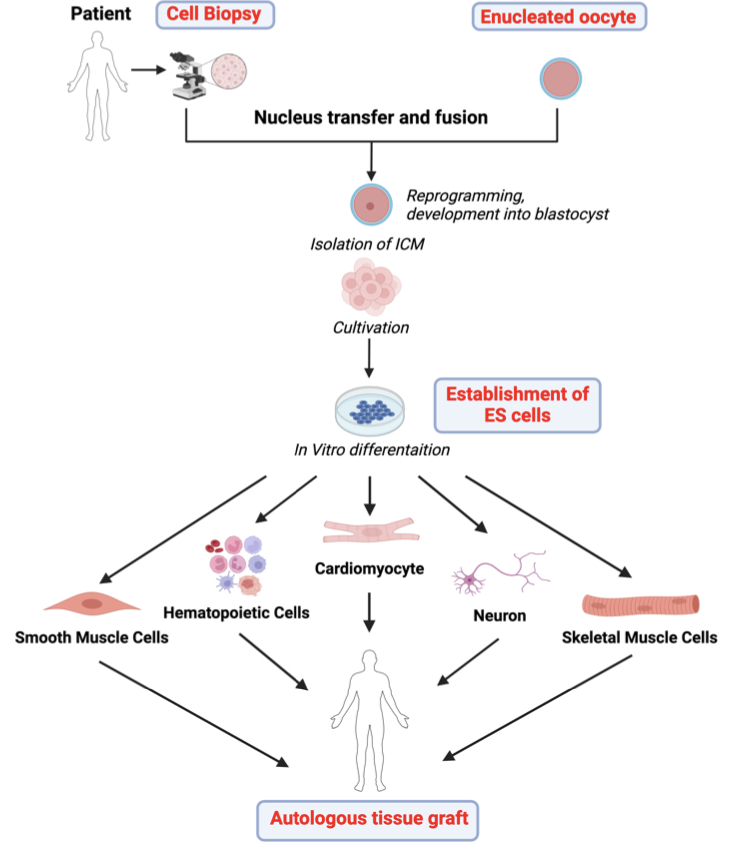Final ID: TP107
Beyond Repair: Resurrecting Neurons through Stem Cell Therapy
Abstract Body: Introduction:
The intricate network of neurons orchestrates essential functions within the human body. Ischemic stroke, a major neurological disorder, challenges this network, leading to irreversible damage and functional impairment due to the limited regenerative capacity of neuronal tissues. Stem cells, with their unique properties of self-renewal and differentiation into various cell types, present a promising therapeutic avenue. This systematic review evaluates the efficacy and safety of stem cell therapies in treating ischemic stroke, aiming to restore neuronal structure and function.
Objective:
Our goal is to provide insights into the therapeutic potential of stem cell interventions for ischemic stroke, specifically their impact on clinical outcomes, functional recovery, and quality of life. This review synthesizes evidence from randomized clinical trials conducted between 2015 and 2024.
Methods:
A comprehensive search of databases such as PubMed, MEDLINE, and Cochrane Library identified relevant randomized clinical trials involving stem cell therapy for ischemic stroke.
Results:
Current data shows that various types of stem cell therapy are safe for treating neurological diseases, particularly ischemic stroke. While these therapies have enhanced motor recovery and neuroplasticity, their effectiveness in reducing scar size remains to be conclusively demonstrated. Notable improvements in patient outcomes include significant enhancements in the Modified Rankin Scale (mRS) and the National Institutes of Health Stroke Scale (NIHSS). Additionally, imaging studies have shown increased neurogenesis and enhanced integrity of the corticospinal tract in the peri-infarct area.
Conclusion:
The review highlights a remarkable finding: a single administration of stem cells can yield measurable clinical improvements lasting at least 12 months post-treatment. This long-term effect is unprecedented among non-device or non-acute treatments for ischemic stroke, challenging current therapeutic approaches like thrombolysis.
This systematic review underscores the transformative potential of stem cell therapy in addressing the challenges of ischemic stroke. Despite significant advancements, further research is essential to fully understand the mechanisms, optimize treatments, and fully harness the regenerative capabilities of stem cells, paving the way for innovative treatments that offer renewed hope for stroke patients.
The intricate network of neurons orchestrates essential functions within the human body. Ischemic stroke, a major neurological disorder, challenges this network, leading to irreversible damage and functional impairment due to the limited regenerative capacity of neuronal tissues. Stem cells, with their unique properties of self-renewal and differentiation into various cell types, present a promising therapeutic avenue. This systematic review evaluates the efficacy and safety of stem cell therapies in treating ischemic stroke, aiming to restore neuronal structure and function.
Objective:
Our goal is to provide insights into the therapeutic potential of stem cell interventions for ischemic stroke, specifically their impact on clinical outcomes, functional recovery, and quality of life. This review synthesizes evidence from randomized clinical trials conducted between 2015 and 2024.
Methods:
A comprehensive search of databases such as PubMed, MEDLINE, and Cochrane Library identified relevant randomized clinical trials involving stem cell therapy for ischemic stroke.
Results:
Current data shows that various types of stem cell therapy are safe for treating neurological diseases, particularly ischemic stroke. While these therapies have enhanced motor recovery and neuroplasticity, their effectiveness in reducing scar size remains to be conclusively demonstrated. Notable improvements in patient outcomes include significant enhancements in the Modified Rankin Scale (mRS) and the National Institutes of Health Stroke Scale (NIHSS). Additionally, imaging studies have shown increased neurogenesis and enhanced integrity of the corticospinal tract in the peri-infarct area.
Conclusion:
The review highlights a remarkable finding: a single administration of stem cells can yield measurable clinical improvements lasting at least 12 months post-treatment. This long-term effect is unprecedented among non-device or non-acute treatments for ischemic stroke, challenging current therapeutic approaches like thrombolysis.
This systematic review underscores the transformative potential of stem cell therapy in addressing the challenges of ischemic stroke. Despite significant advancements, further research is essential to fully understand the mechanisms, optimize treatments, and fully harness the regenerative capabilities of stem cells, paving the way for innovative treatments that offer renewed hope for stroke patients.
More abstracts on this topic:
Elevated Blood Pressure Promotes Perivascular Adipocyte Progenitor Proliferation and Alters Their Spatial Distribution
Rendon Javier, Rondini Elizabeth, Garver Hannah, Lauver Adam, Fink Gregory, Krieger-burke Teresa, Granneman Jammes, Watts Stephanie, Contreras Andres
An experimental and theoretical study on electrical brain stimulation for post Intracerebral Hemorrhagic stroke rehabilitation.Muguli Ananya, Luan Lan, Xie Chong, Britz Gavin, Aazhang Behnaam
Readers' Comments
We encourage you to enter the discussion by posting your comments and questions below.
Presenters will be notified of your post so that they can respond as appropriate.
This discussion platform is provided to foster engagement, and simulate conversation and knowledge sharing.
You have to be authorized to post a comment. Please, Login or Signup.
Rate this abstract
(Maximum characters: 500)


